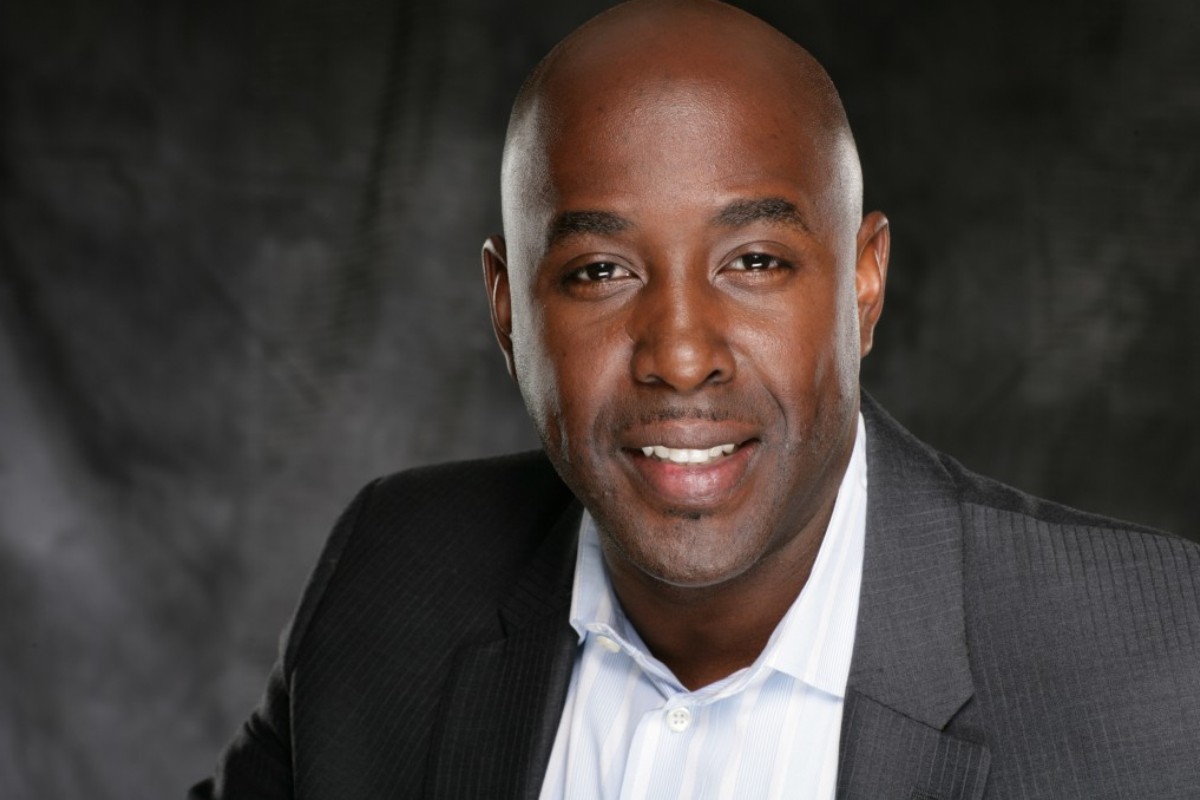
New Issue of ‘Higher Ed Conversations in Black’ Reimagines What’s Next for Higher Ed in the United States
‘Higher Ed Conversations in Black’ has returned with its second edition titled “Reimagining What’s Next For the U.S. and Higher Education.” This edition is framed by Aireale Joi Rodgers and features contributors Darnell Cole, Eddie Cole, Felecia Commodore, Freeman Hrabowski, III, Wendy Osefo, and Antar Tichavakunda.
“My phone buzzed with messages from loved ones, exclaiming that ‘We did it!’ [as the] Biden and Harris victory arguably marked an end to a presidential administration that weaponized fear and ignorance to execute a policy agenda that actively disenfranchised Black, Indigenous, and People of Color (BIPOC),” writes Aireale Rodgers, Pullias Center Research Assistant, in her introduction to the latest issue of Higher Ed Conversations in Black. “[But] now that we can collectively come up for air after that contentious election cycle, many people are asking: When will things go back to normal?”
The latest issue tasks higher education thought leaders to reflect and share their thoughts on what’s next for the United States and for the field of higher education amidst our current socio-political context. Undoubtedly, many issues face the nation today after what has felt like the longest year–and longest election season–ever. A powerhouse line-up of contributors and scholars within the field of higher education share their insights. From university professors to political commentators, a co-director of a Research Center for Education, Identity and Social Justice, and a former Chair of President Obama’s Advisory Commission on Educational Excellence for African Americans; the second edition of Higher Ed in Conversations is definitely not one to miss and it is available to read now.
Higher Ed Conversations in Black is a media project that was created by the Pullias Center for Higher Education in October 2020. Each issue features a series of thought-provoking commentary from invited contributors with an aim toward helping higher education become a more supportive and equitable environment for all. The commentary is meant to both evoke new conversations and offer novel perspectives on existing issues that plague higher education.